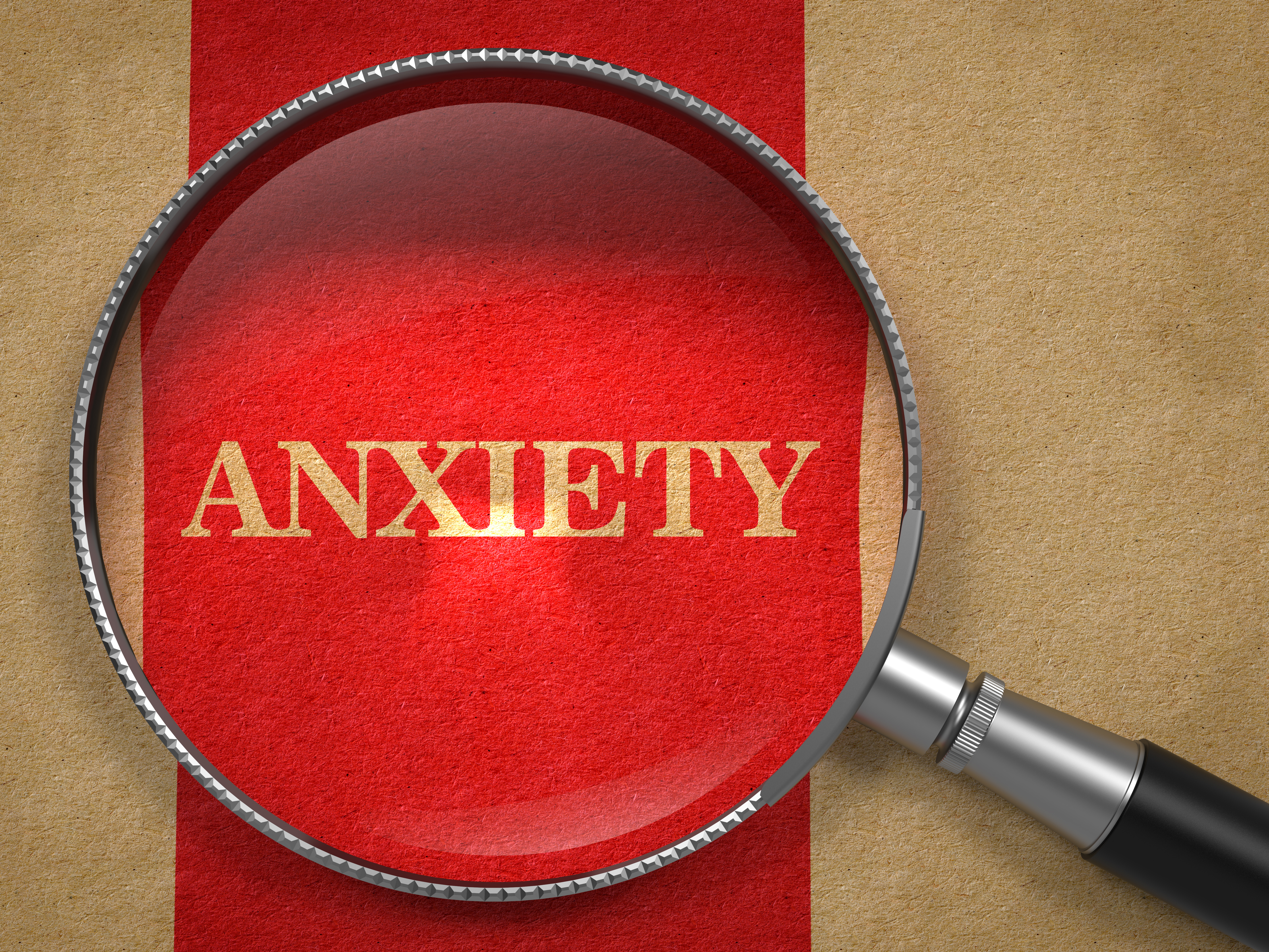While we’d like to think as believers that a strong Christian faith translates automatically into a fearless, worry-free mind, that is not always the case for the following reasons:
1) Christians may over-spiritualize fear and anxiety. It’s easy to mistakenly believe anxiety is always a spiritual or sin issue and overlook the genetic, personality, and trauma contributors to anxiety difficulties. And when believers hear another person tell of their anxiety struggles, they tend to prescribe only spiritual solutions for a mind/body/spirit problem. If you are one of the 20 million Americans with an anxiety disorder, you are unlikely to be able to “pray it away” any more than you could pray away diabetes. However, incorporating your Christian beliefs and spiritual disciplines into your anxiety disorder treatment is important and will help you get better faster.
2) Christians can carry shame over their anxiety if they believe it always indicates a lack of faith or an immature faith. They believe lies such as “Good Christians never feel afraid or anxious” or “If I struggle with worry, then I am a weak Christian.”
3) Because of false guilt over feeling like spiritual failures, Christians with an anxiety disorder may hide their suffering from other believers. They gloss over it, call it being “stressed out,” and don’t share their experiences in community where they could hopefully receive support and encouragement to get treatment.
4) Christians can unfortunately give each other confusing, “sounds spiritual” advice that is actually vague and not helpful for managing crippling fear and anxiety, such as “Just let go and let God” or “Just give it to Jesus” or “Just lean into Jesus.” What does this look like practically?
5) Christians can be suspicious of helpful body-centered techniques for managing anxiety. It’s like we are Gnostics who believe the body is evil and only spirit is good, when in fact, body-centered techniques work well to reduce anxiety because of the way God made our brain (see this previous post for more information on anxiety and the brain).
6) Because Christianity offers peace, hope, and a certain eternal future, it is particularly attractive to anxious people. So baseline, you’re likely to find more anxious people in a church than waiting in line to bungee jump. I don’t have hard statistics on this, but I think the incidence of anxiety disorders in a church congregation is higher than the 20% you find in the general US population. Plus anxious people tend to also be imaginative, deeply feeling, empathetic people–the kind of people who are drawn to the kindness and compassion found in good churches.
If you are the 1 in 5 persons who struggles with anxiety, worry, or fear, please get treatment from an experienced mental health professional. While treatment may not make the anxiety go completely away, it should help you suffer much less and be able to enjoy the abundant life and peace Jesus promises.
What are your thoughts about reasons 1 through 6?

